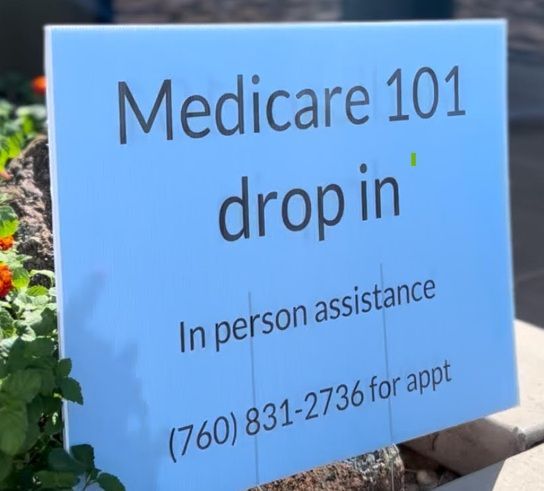Turning 65 Soon? Here Are 3 Things You Really Need to Know About Medicare, Social Security, and Your Future
If you’re turning 65 within the next 6 months, I want to have a quick conversation with you.
Or hey — at least let me drop three important truths your way.
Because when it comes to Medicare and Social Security, there’s a lot of misinformation out there. And what you don’t know could cost you — in time, stress, or even money.
Let’s dive in.
1. There Is No “One Best Way” to Do Medicare
You’ve probably seen someone on the internet — maybe “Medicare Mambo” or some TikTok expert — claiming there’s only one right way to enroll in Medicare.
🚫 Not true.
Your Medicare path should be based on YOU:
- Your health needs
- Your budget
- Your timing
- Your future plans
What works for your neighbor or cousin or golf buddy may not be right for you. That’s why it’s so important to go through the discipline of truly understanding your needs before picking a plan.
2. There’s No Universal “Right Way” to Take Social Security, Either
Same goes for Social Security. People love to say:
“You should take it now!”
“Wait until 70 — it’s smarter!”
But guess what?
✅ Both answers could be wrong — depending on your situation.
You have to factor in:
- Your tax situation
- Your savings
- Your household income
- Any windfalls or retirement income
- Your overall financial plan
Even top-notch financial planners sometimes admit:
“Yeah… I kind of wish I had done it differently.”
So take your time. Ask questions. Don’t blindly follow advice from anyone (including me — do your own homework!).
3. Some Policies Are Only Available Before You Turn 65 in California
Here’s something most people don’t know:
Once you turn 65, there are certain policies I’m not allowed to offer you anymore — especially here in California.
These are the kinds of policies that help cover the gaps Medicare doesn’t, like:
- Experimental drugs
- Life-saving treatments or supplements that might be discontinued
- Other care Medicare might deny
Here’s the kicker:
👉 The average out-of-pocket cost for someone after 65 is $341,000 over a lifetime.
That’s not a scare tactic. It’s what current data suggests.
Planning early can help you manage or reduce that burden.
Final Thought: Be Proactive, Not Passive
Please don’t wait.
Keep researching. Stay informed. And above all — don’t rely on one person’s opinion, no matter how confident or charming they seem.
But if you do want someone to walk through this with you — I’d be happy to help.
📩 Just reach out. I’m here when you’re ready.





